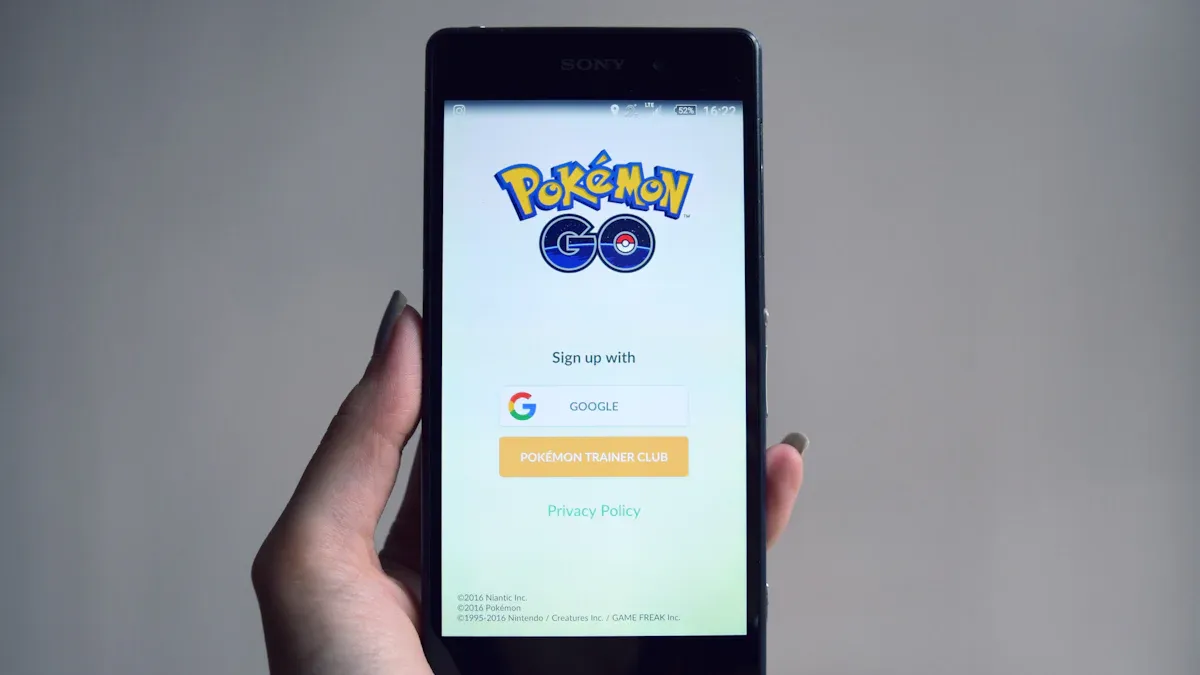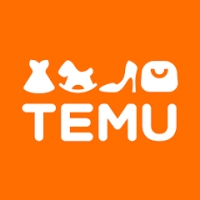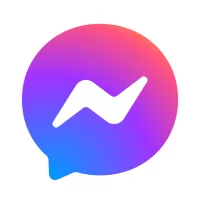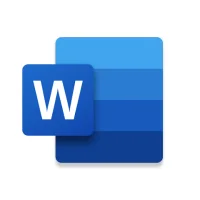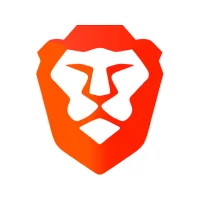Niantic sells Pokémon GO and gaming division to Scopely for $3.5 billion
22 min read Pokémon GO maker Niantic is selling its games division to Scopely for $3.5B, including AR tools and titles like Pikmin Bloom, reshaping mobile gaming trends. March 16, 2025 02:48
Image Source: pexels
Pokémon GO maker Niantic is selling its games division to Scopely for $3.5B, highlighting the immense value of mobile gaming in today's market. Niantic's gaming division boasts over 30 million active players each month and generated $1 billion in revenue last year. Since its launch in 2016, Pokémon GO has earned an impressive $8 billion, and in 2024, it surpassed 100 million unique users.
Key Takeaways
- Niantic sold its gaming team to Scopely for $3.5 billion, highlighting the growing value of mobile games
- Meanwhile, Scopely aims to enhance Pokémon GO, making it even more engaging and exciting for players. They are committed to keeping the community entertained and satisfied
- As for Niantic, the company will now shift its focus to augmented reality and location-based technology. With this new direction, they hope to develop innovative and fun real-world experiences.
Details of the $3.5 Billion Deal
Games and assets included in the sale
Niantic is selling many games and tools to Scopely. The main game, Pokémon GO, is the biggest part of the deal. Other games like Pikmin Bloom and Monster Hunter Now are included too. Scopely will also get Campfire, a social app, and Wayfarer, a mapping tool. These show Niantic's focus on AR games and technology.
Financial terms and employee transitions
Niantic is selling its gaming division to Scopely for $3.5 billion. Niantic will also add $350 million in cash, making the total $3.85 billion. Most of Niantic's gaming workers will join Scopely. This helps keep the games running smoothly for players. Some workers not in gaming will stay with Niantic.
Timeline and integration process
The deal should be done in six months, if approved. Scopely has a step-by-step plan to make the change easy. They will keep the games running well during this time. Players can still enjoy their favorite games without problems.
Impact on Pokémon GO and Other Games
Scopely's plans for Pokémon GO
Scopely promises to keep Pokémon GO fun and exciting. They want to improve the game while keeping its focus on exploring and connecting with others. Ed Wu, a leader of Pokémon GO, said Scopely’s skills and tools will help the game grow. He believes players will still enjoy finding Pokémon in real life. Scopely’s leaders also told fans the game will stay the same at heart.
“With Scopely’s help, we’ll make Pokémon GO even better,” said Ed Wu.
Changes in monetization and gameplay
Some players worry about how Scopely might make money from the game. Scopely’s other games, like Monopoly GO and Marvel Strike Force, have many in-app purchases. Fans fear Pokémon GO might add more ways to spend money or pay-to-win features. Scopely spent a lot to buy Pokémon GO, so they may try to earn more. But the Pokémon Company still owns the rights, which could stop big changes to the game.
Future of other Niantic titles
Games like Pikmin Bloom and Monster Hunter Now will also move to Scopely. The teams working on these games will go too, so updates and support will continue. Scopely says they will keep the games as players know them. Niantic believes Scopely will help these games grow and make them even better for players.
Niantic's New Focus After the Sale
Moving to geospatial tech and AR
Niantic is now focusing on geospatial tech and augmented reality (AR). This change happened for several reasons:
Niantic wants to make tools that improve real-world experiences using AR. This tech could change how we shop, travel, and have fun.
Keeping some projects and partnerships
Even after the sale, Niantic retained some important projects. They are still working on their Lightship AR platform, which helps developers create AR experiences. Additionally, Niantic maintained partnerships with The Pokémon Company and other tech groups, which will support the growth of its AR tools. By keeping these projects, Niantic remains active in AR while gradually shifting away from gaming.
Bigger meaning for Niantic's plans
Selling its gaming division shows Niantic's new focus on geospatial AI. This matches trends where companies focus on their main strengths, like AR and AI.
By selling its games, Niantic can now work more on geospatial tech. This tech is becoming more important for both businesses and everyday users.
Niantic is planning for the future. They believe AR and geospatial tech are the next big things. This plan fits with changes in the tech world. Niantic wants to lead in how people use tech to connect with the real world.
Reactions from Players and the Industry
Worries about money-making and game changes
Some players feel unsure about Scopely buying Niantic's games. They worry Scopely might add pay-to-win features or too many purchases. These fears come from Scopely's other games, like Marvel Strike Force, which use microtransactions a lot. Fans think Pokémon GO could lose its fun if money becomes the main focus.
But Scopely's leaders, Javier Ferreira and Walter Driver, said, "Players will still enjoy the games they love." This shows Scopely wants to keep Niantic's games the same while making them better.
What experts think about the deal
Experts say this deal is smart for both companies. Scopely gets Niantic's popular games and AR tools. Niantic can now work on geospatial tech. Niantic's CEO, John Hanke, said, "Our games connect people and inspire exploring. I trust Scopely will continue this."
The deal's numbers show how big it is:
These numbers prove Niantic's games are valuable and could grow more with Scopely.
Changes in mobile gaming trends
This deal shows a trend in mobile gaming. In 2024, mobile game downloads hit 49.6 billion but dropped 6% from last year. Downloads have been falling since 2021, but game revenue keeps growing. This means companies focus on earning more from current players instead of finding new ones.
Scopely buying Niantic's games fits this trend. With games like Pokémon GO, Scopely can use their loyal players and steady income. This shows how keeping great games matters in today's gaming world.
The sale of Niantic's games to Scopely is big news. Scopely now owns Pokémon GO and other games, which could change mobile gaming.
Niantic's move to AR and mapping tech fits these trends. It shows how important new ideas are in gaming today.
FAQ
What happens to Pokémon GO now?
Scopely will take care of Pokémon GO. They want to improve it but keep its main features, like exploring and connecting with others.
Will Niantic make games again?
Niantic won’t make games anymore. They will now focus on AR tools and geospatial tech to create cool real-world experiences.
How does this deal affect players?
Players can still enjoy their favorite games, as Scopely promises to keep them fun and regularly updated for everyone.
Niantic sold its gaming team to Scopely for $3.5 billion, highlighting the growing value of mobile games. The company had struggled to replicate the massive success of Pokémon GO, leading to this strategic shift.
Now, Niantic is focusing on augmented reality and location-based technology. They have formed a new group dedicated to geospatial tech, believing AR will play a crucial role in the future.
Meanwhile, the global games market saw significant growth in 2024, generating $187.7 billion—a 2.1% increase. In-app purchases and subscriptions contributed $150 billion, marking a 13% rise from the previous year.
